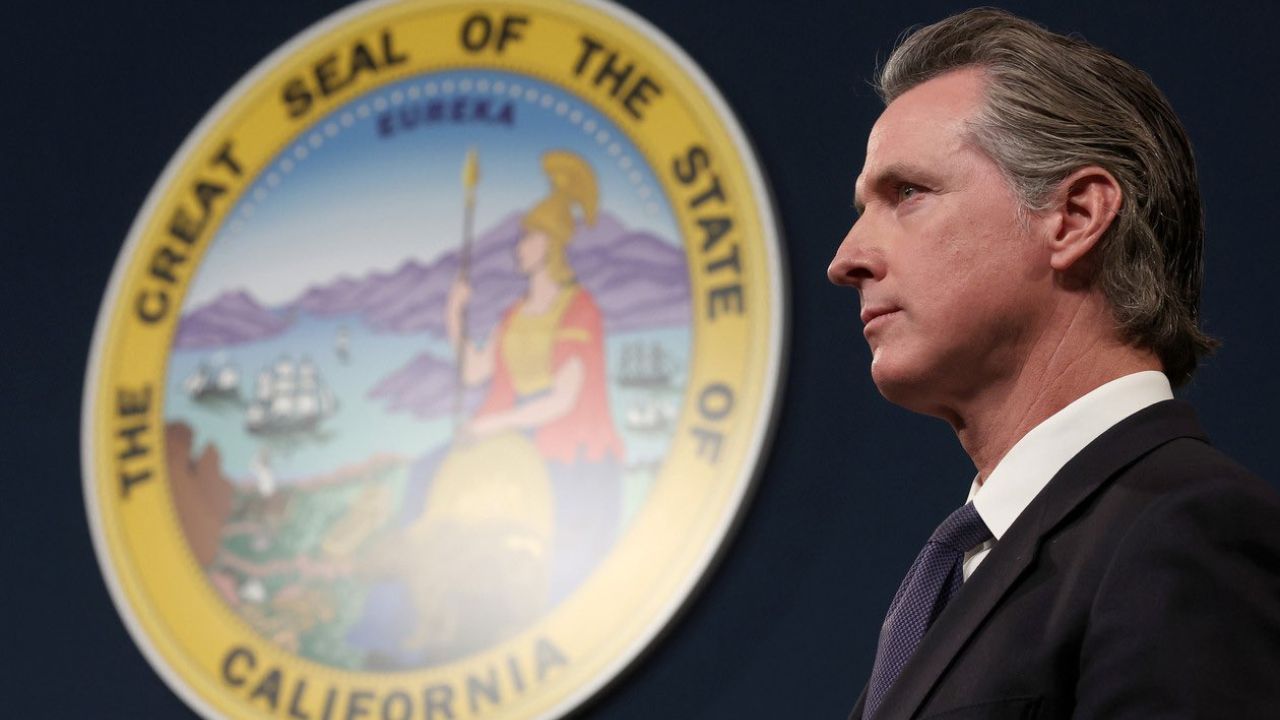SACRAMENTO (Diya TV) — California’s financial outlook for the upcoming year is clouded by a staggering $68 billion budget deficit, forcing Governor Gavin Newsom to implement a state spending freeze. The freeze targets non-essential expenses across state agencies, emphasizing immediate cost-cutting measures.
The deficit surge is attributed to various factors, including an initial $30 billion shortfall, reduced revenue from personal income tax—a significant income source for California—and unexpected revenue decline in 2022-2023 due to IRS’s deadline extensions amid storms.
Marin County, heavily reliant on state funds, echoes concerns as it grapples with potential cuts. The county, expecting an $8.5 million increase in service spending, now faces uncertainties as it revisits projections post the state’s alarming budget report.
Amid calls for fiscal prudence, questions arise about potential cuts in essential services such as schools. With the state grappling with fiscal challenges, Governor Newsom’s spending freeze emphasizes the need for swift and substantial cost reductions.
The freeze includes directives for agencies to curtail spending on office supplies, halt non-essential travel, and restrict purchases of new vehicles and equipment. The state’s decision to tap into reserves and explore cuts in school and community college spending further underscores the severity of the financial crisis.
As the deficit looms large, counties like Marin are revisiting their fiscal strategies. In response to lower-than-expected property tax revenue growth, Marin’s budget director, Josh Swedberg, considers adjustments, lowering growth estimates for the upcoming fiscal years. The potential economic impacts of the deficit are evident, with home sales hampered by increased interest rates, contributing to slower property tax revenue growth.




